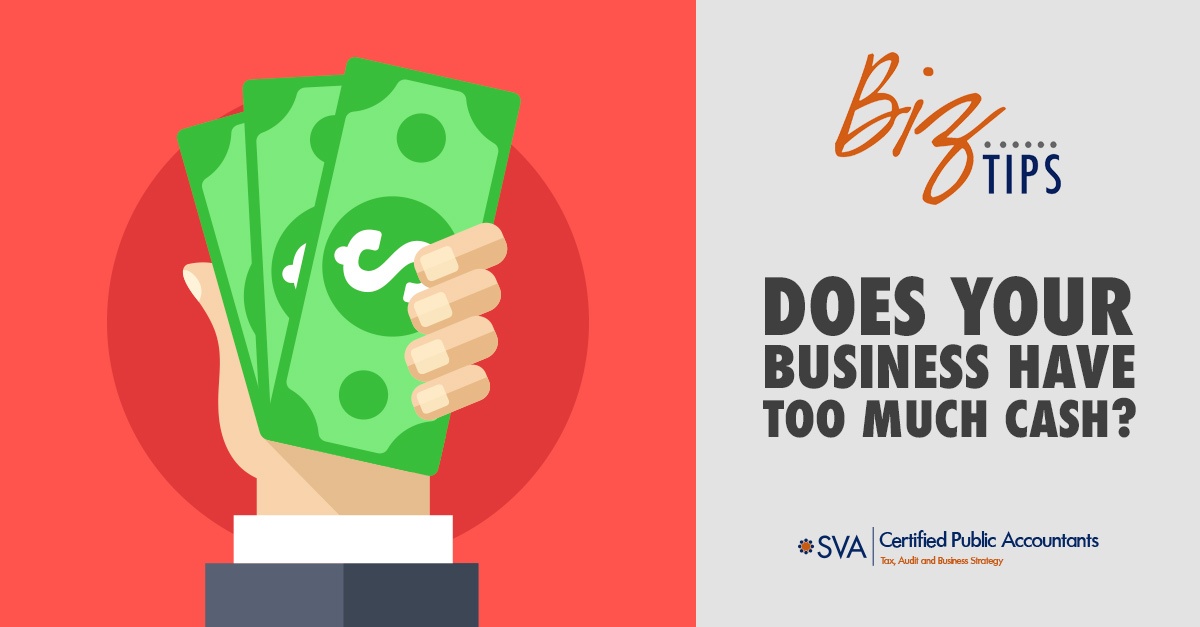From the time a business opens its doors, the owner is told “cash is king.” It may seem to follow that having a very large amount of cash could never be a bad thing. But, the truth is, a company that’s hoarding excessive cash may be doing itself more harm than good.
Liquidity Overload
What’s the harm in stockpiling cash? Granted, an extra cushion helps weather downturns or fund unexpected repairs and maintenance. But cash has a carrying cost — the difference between the return companies earn on their cash and the price they pay to obtain cash.
For instance, checking accounts often earn no interest, and savings accounts typically generate returns below 2% and in many cases well below 1%. Most cash hoarders simultaneously carry debt on their balance sheets, such as equipment loans, mortgages and credit lines. Borrowers are paying higher interest rates on loans than they’re earning from their bank accounts. This spread represents the carrying cost of cash.
A Variety of Possibilities
What opportunities might you be missing out on by neglecting to reinvest a cash surplus to earn a higher return? There are a variety of possibilities. You could:
Acquire a Competitor (or its assets)
You may be in a position to profit from a competitor’s failure. When expanding via acquisition, formal due diligence is key to avoiding impulsive, unsustainable projects.
Invest in Marketable Securities
As mentioned, cash accounts provide nominal return. More aggressive businesses might consider mutual funds or diversified stock and bond portfolios. A financial planner can help you choose securities. Some companies also use surplus cash to repurchase stock — especially when minority shareholders routinely challenge the owner’s decisions.
Repay Debt
This reduces the carrying cost of cash reserves. And lenders look favorably upon borrowers who reduce their debt-to-equity ratios.
(Download Video Transcript)
Optimal Cash Balance
Taking a conservative approach to saving up cash isn’t necessarily wrong. But every company has an optimal cash balance that will help safeguard cash flow while allocating dollars for smart spending. Our firm can assist you in identifying and maintaining this mission-critical amount.

© 2017

